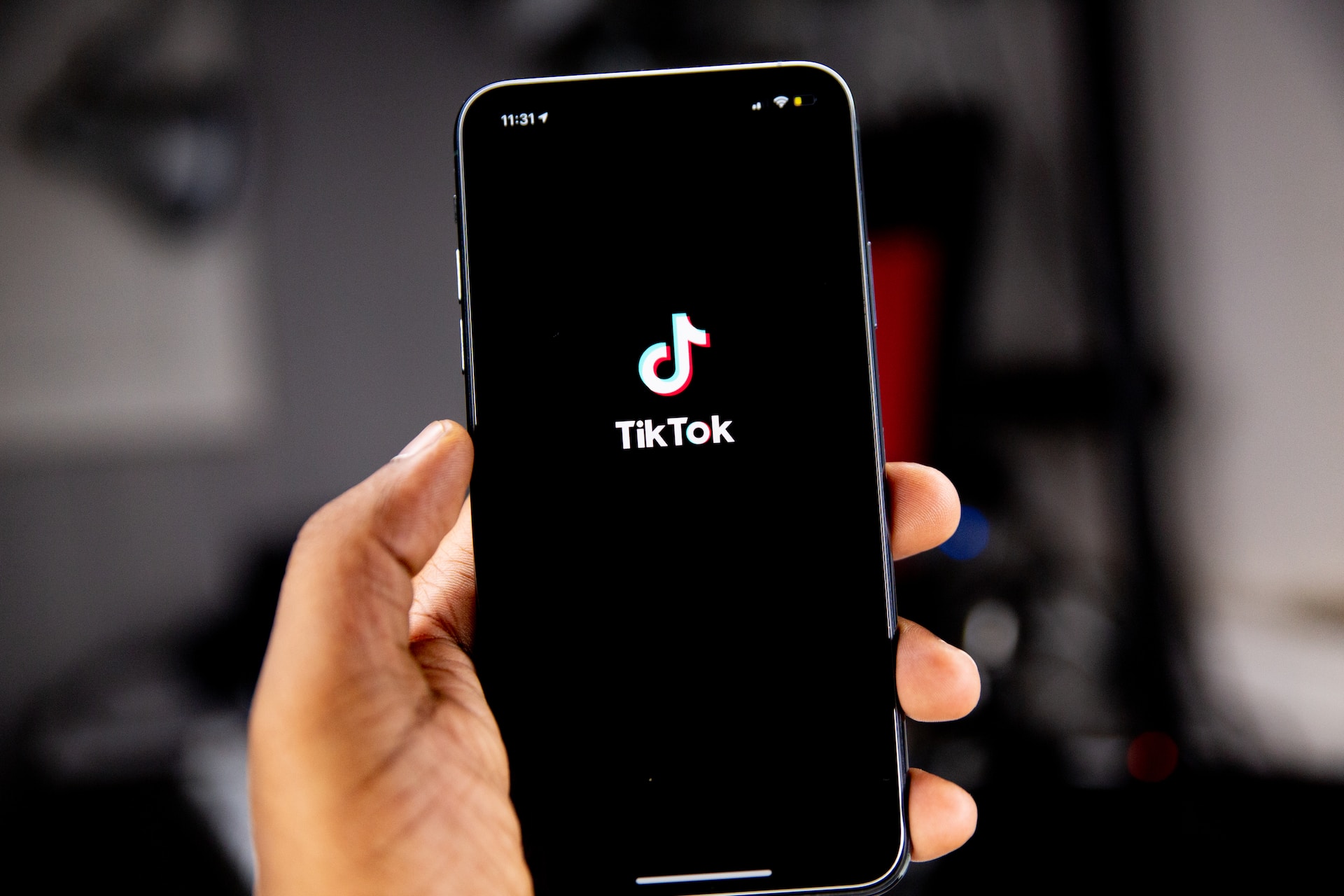Montana’s recent decision to ban the popular social media app TikTok has ignited a fierce legal battle, with a diverse group of plaintiffs coming together to challenge the ban. This contentious move by the state has raised concerns about freedom of expression, the role of government in regulating digital platforms, and the potential consequences for individuals and businesses who rely on TikTok for entertainment, communication, and entrepreneurship. This report will delve into the details of the legal challenge, explore the motivations behind Montana’s ban, and analyze the broader implications of this case on the intersection of technology and governance.
The Ban and its Impact:
Montana’s ban on TikTok took effect last month, prohibiting the use and download of the app within the state’s borders. The move has left millions of Montanans unable to access one of the most popular social media platforms, which has become an integral part of daily life for many users, especially younger generations. The ban has sparked a backlash from individuals, businesses, and organizations who rely on TikTok for entertainment, content creation, and community engagement.
The Plaintiffs and their Motivations:
A diverse group of plaintiffs has emerged to challenge Montana’s TikTok ban. This coalition includes content creators, small business owners, and free speech advocates who argue that the ban violates their First Amendment rights to freedom of expression. They contend that TikTok provides them with a platform to connect, share their creativity, and reach a wide audience, and that the ban disproportionately restricts their ability to engage in online discourse and pursue entrepreneurial opportunities.
Government Regulation and Digital Platforms:
The legal challenge against Montana’s TikTok ban raises important questions about the role of government in regulating digital platforms. Supporters of the ban argue that it is necessary to protect public safety, citing concerns about data privacy, national security, and the potential for harmful content to reach vulnerable individuals. Critics, on the other hand, argue that such bans encroach upon individual liberties and stifle innovation and economic growth.
The Battle for Freedom of Expression:
At the heart of the legal challenge lies the fundamental issue of freedom of expression in the digital age. Social media platforms like TikTok have become powerful tools for individuals to express themselves, share their perspectives, and connect with others. The plaintiffs argue that Montana’s ban infringes upon their ability to engage in public discourse and restricts their access to a platform that has become an integral part of modern communication.
Broader Implications and Precedent:
The outcome of the legal challenge in Montana could have far-reaching implications for the regulation of digital platforms across the United States. The case may set a precedent for how state governments approach the regulation of social media and the internet, as well as the extent to which they can curtail individuals’ access to these platforms. It also raises questions about the responsibility of tech companies in protecting user data and maintaining a safe online environment.
Conclusion:
The legal challenge against Montana’s TikTok ban has brought to the forefront crucial debates surrounding freedom of expression, government regulation of digital platforms, and the rights of individuals and businesses in the digital age. As the case progresses, it will be closely watched by those who advocate for online freedoms and those concerned with public safety and privacy. The outcome of this legal battle in Montana may shape future policies and regulations surrounding social media platforms, influencing the delicate balance between individual rights, governmental oversight, and the evolving landscape of technology and communicatio




